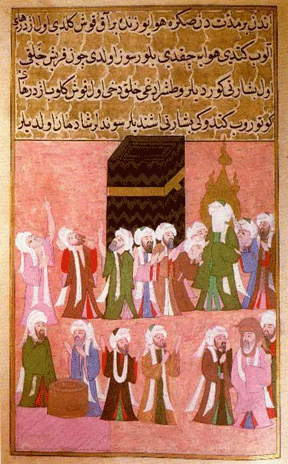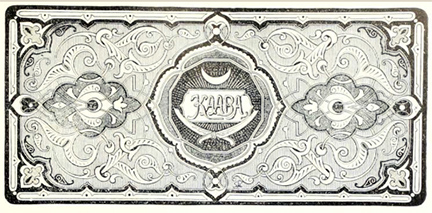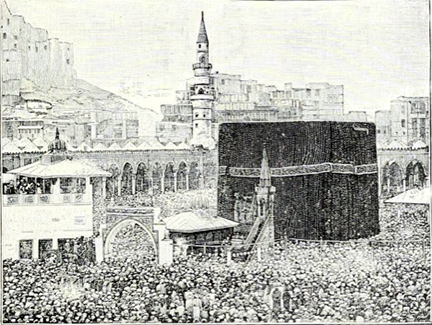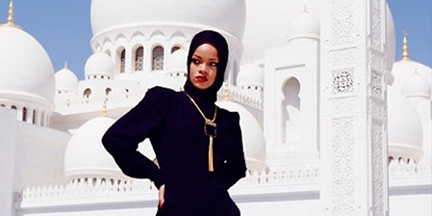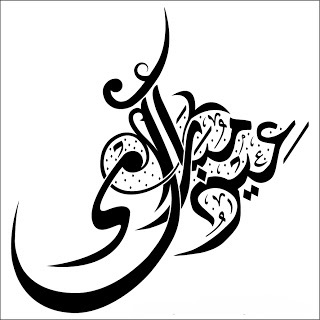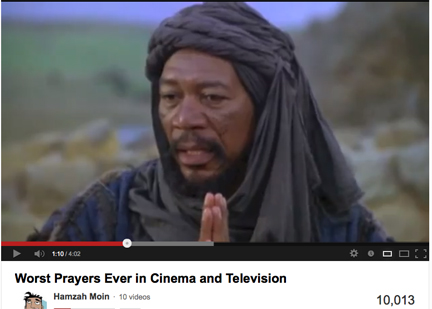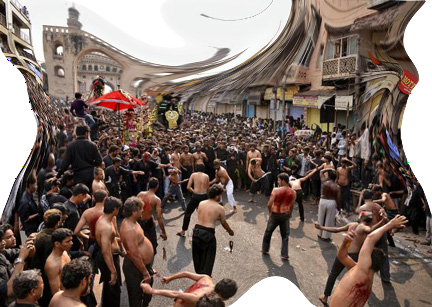
Russell Brand on The Sun
The British tabloid, The Sun, which once showed Saddam Hussein in his underwear on its cover, has now taken on the chain Pizza Express for serving halal chicken. The humor of Monty Python lives on in the Fleet Street media. The apparent argument of the article is that slitting the throat of a chicken while it is still alive is cruel punishment. I suspect that the writers of The Sun have a dark motive rather than calling for a campaign to have chickens slaughtered with dignity after being stun gunned. If such a contrived story merits more attention than the ongoing slaughter of humans in many parts of the world, then they seem to be taking a cue from “Fowlty” Towers. I suspect that The Sun does not have an equal disdain of the common practice of raising poultry in such close quarters that they basically eat their own excrement, although excrement is surely an apt topic for this tabloid.
The Sun finds Islam to be a convenient target, failing to have equal animosity to Jewish kosher law, which mandates the same style of slaughter only with a different prayer. And the slitting of the throat is actually said to be a humane way of ending the life of an animal bred to be eaten. True to its name, this halal henpicking is tabloid nonsense, void of any semblance of rationality. Most people no doubt see such a story as funny, but there are enough people out there to use this kind of silly blather to reinforce their own hate of Muslims (and Jews, of course). And then there are those who respond with humor, as does the British comedian Russell Brand on Youtube. So perhaps we need to tell yet another version of the old joke: Why did the chicken cross the road? Just for the halal of it…
